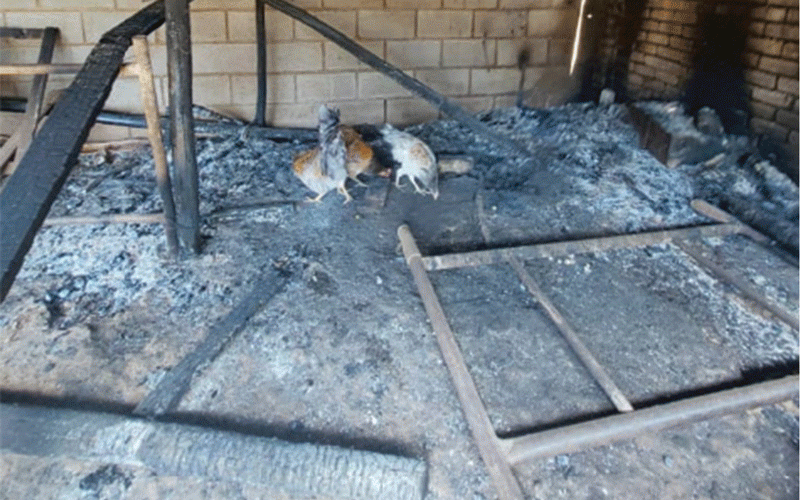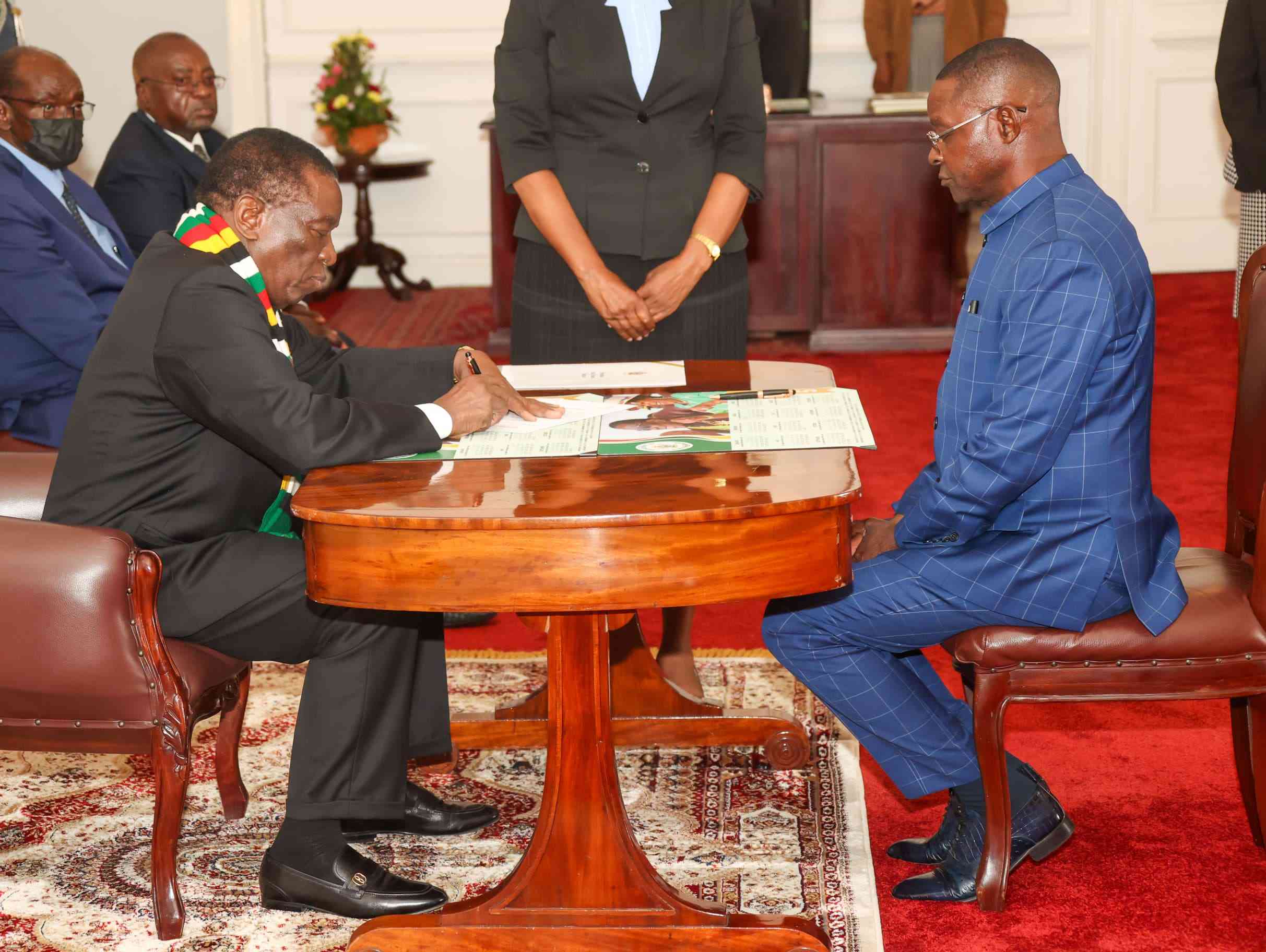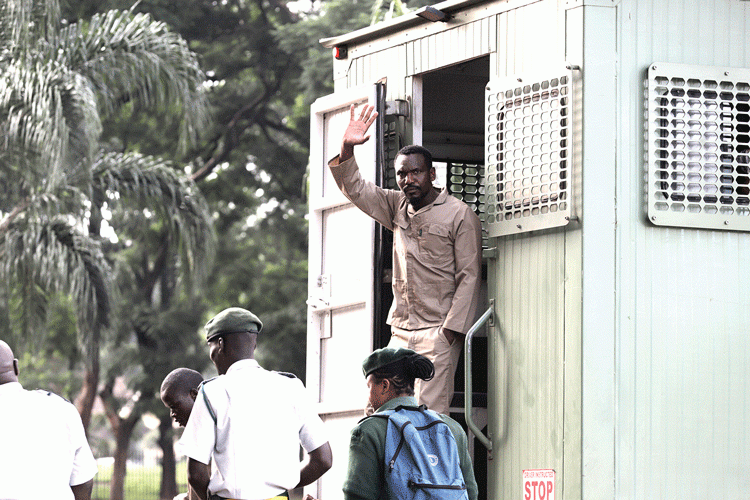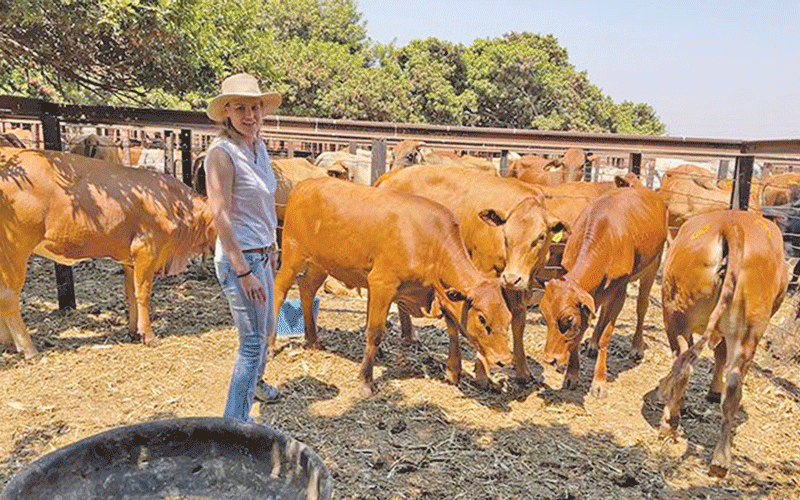At least 20 people, including women and children, have been killed and food aid destroyed after militants attacked several vehicles in Somalia's central Hiiraan region.
"They put a bomb while people were in the car and blew it up," the region's governor told the BBC Somali service.
Islamist militant group al-Shabab has said it was targeting a government-affiliated armed group.
The al-Qaeda-linked militants want to overthrow the central government.
Al-Shabab controls much of southern and central Somalia, but has been able to extend its influence into areas controlled by the government based in the capital Mogadishu.
Two weeks ago its fighters stormed a hotel in the capital and killed more than 20 people.
- Who are Somalia's al-Shabab?
Keep Reading
- Chamisa under fire over US$120K donation
- Mavhunga puts DeMbare into Chibuku quarterfinals
- Pension funds bet on Cabora Bassa oilfields
- Councils defy govt fire tender directive
The Governor of Hiiraan, Ali Jeyte Osman, said the death toll from Friday's attack could rise amid reports that up to 27 people had been killed.
"Some are injured and some ran away when the shooting started. The dead bodies are still being collected, including women and children," he said.
Mr Osman accused the militants of being at war with the civilian population in the region, accusing them of burning villages and destroying water wells.
Local clan leader Mohamed Abdirahman described the attack as horrible, adding that such an atrocity had never happed in the region before.
"These were innocent civilians who did nothing to deserve this," he was quoted by AFP news agency as saying.
Somalia President Hassan Sheikh Mohamud vowed that his government would "leave no stone unturned" in the fight against "terrorism" in the country.
In a statement al-Shabab said the lorries it attacked were carrying food supplies for a group of local fighters who have been backing the government's offensive against them.
An ongoing drought in the Horn of Africa has displaced hundreds of thousands of people in Somalia with the UN warning recently that worst was yet to come. -BBC





